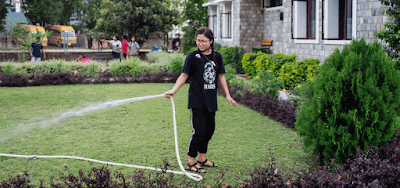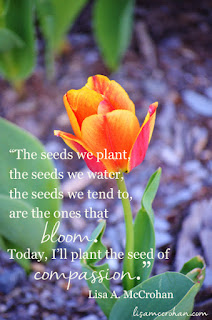In a chapter titled "Woody Climate Control," you could learn about various mechanisms trees use to regulate their internal temperature and moisture levels. This might include how trees adjust their transpiration rates, control water loss through their leaves, and modulate their canopy architecture to optimize sunlight exposure and minimize overheating.
Understanding these mechanisms can provide insights into how trees adapt to different environmental conditions and how they might respond to climate change.
Adapting to a changing climate
Plants have developed sophisticated strategic adaptations to improve their productivity and survival during climate variations.
One of these adaptations is their impressive, yet largely underappreciated ability to regulate their body temperature, a process known as thermoregulation, achieved through anatomical and physiological mechanisms in their leaves, stems, flowers, and fruits.
Thermoregulation is crucial for plants’ survival as it plays a fundamental role in their general growth and the development of embryos, floral scent, and seed viability, amongst other known and still unknown factors.
However, their ability to successfully survive in the face of climate change is a matter of growing concern since any alteration to the complex processes of growth, maturation, reproduction and survival could result in the unfortunate decline of plant populations.





